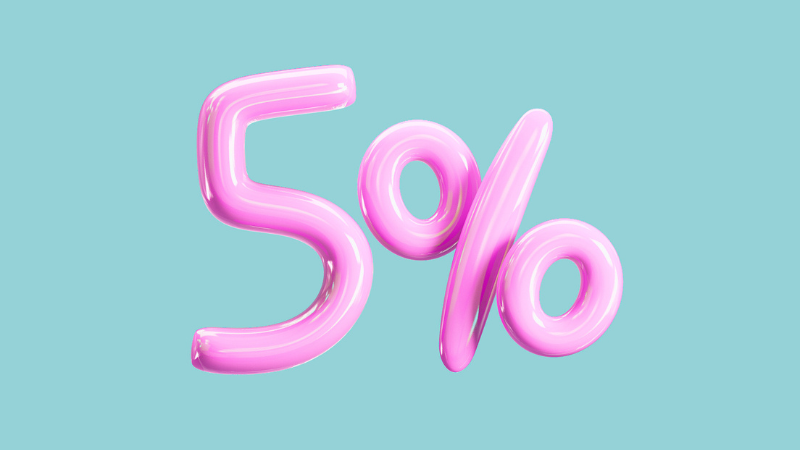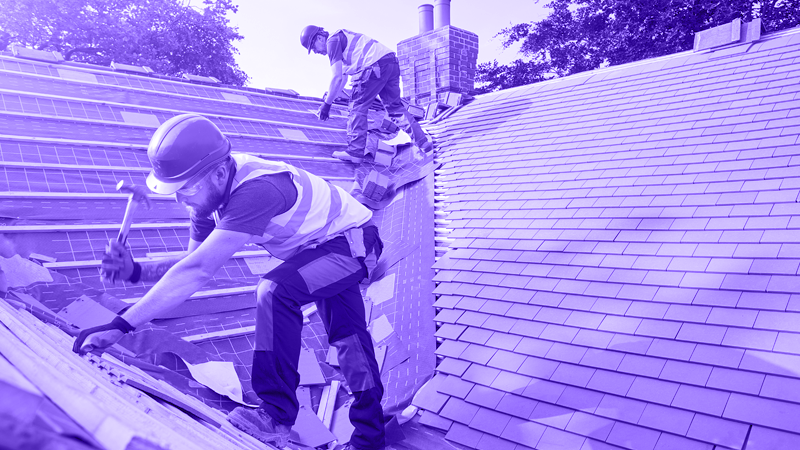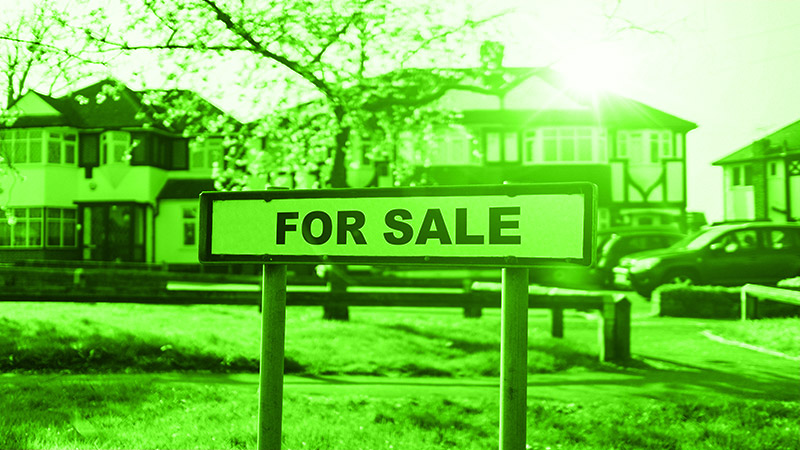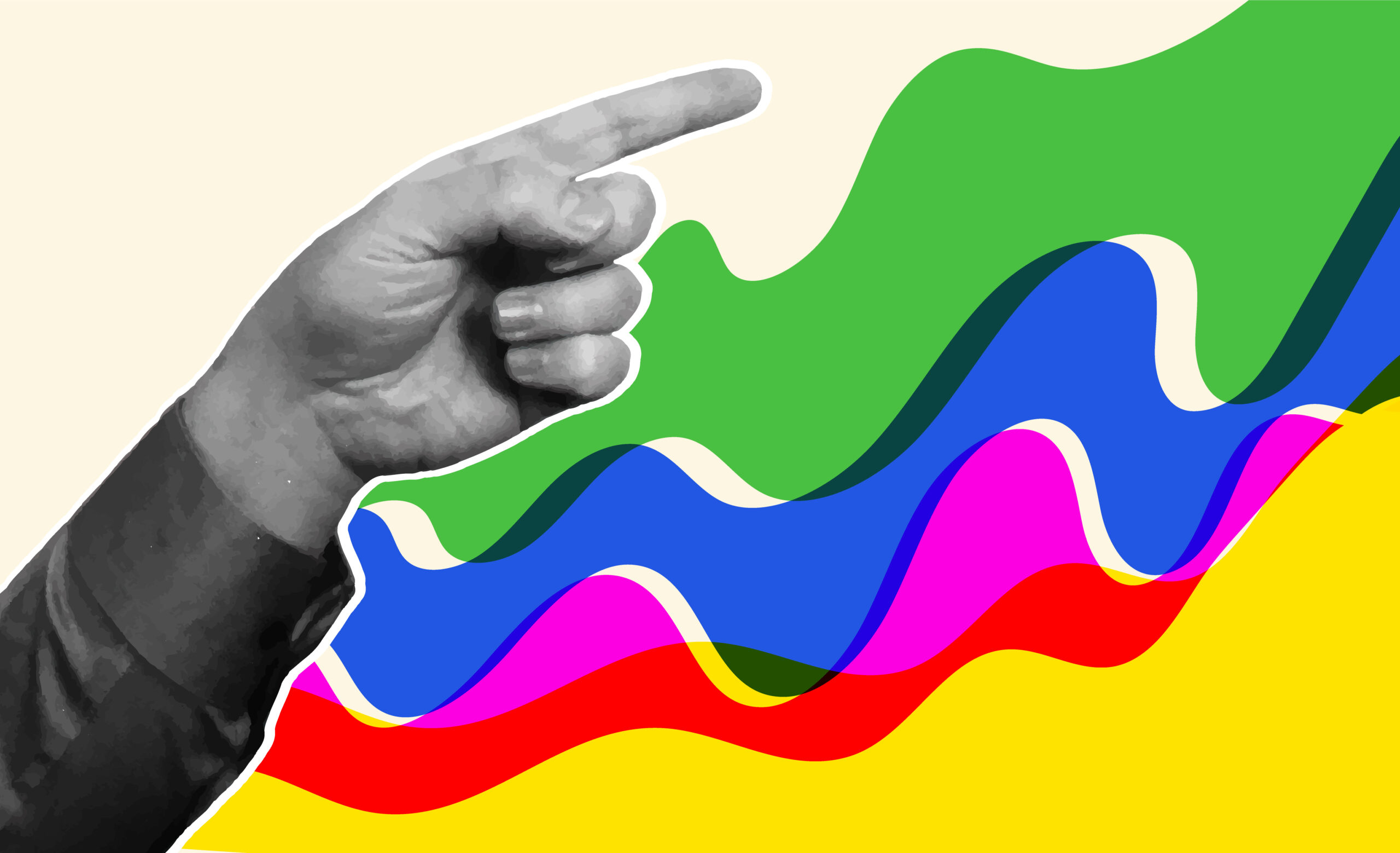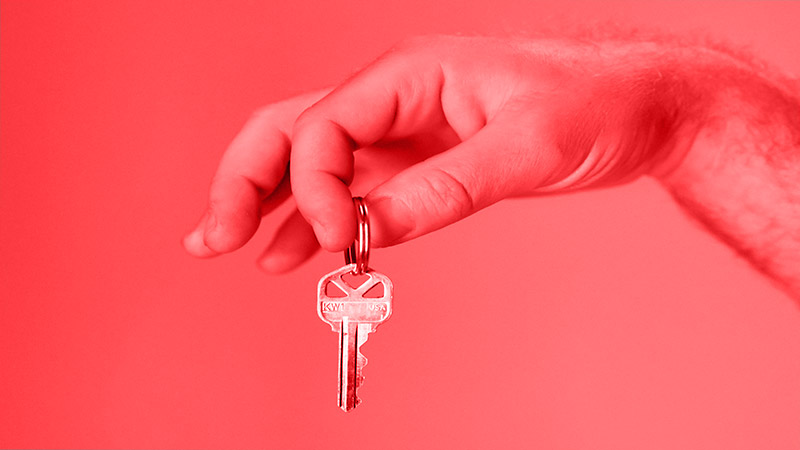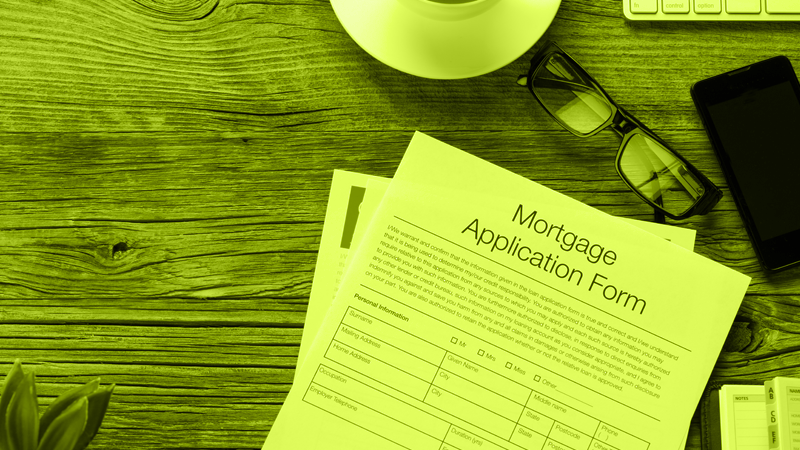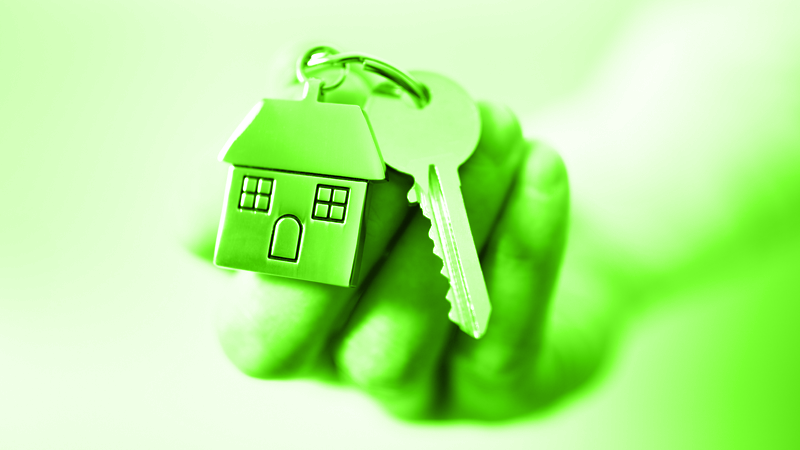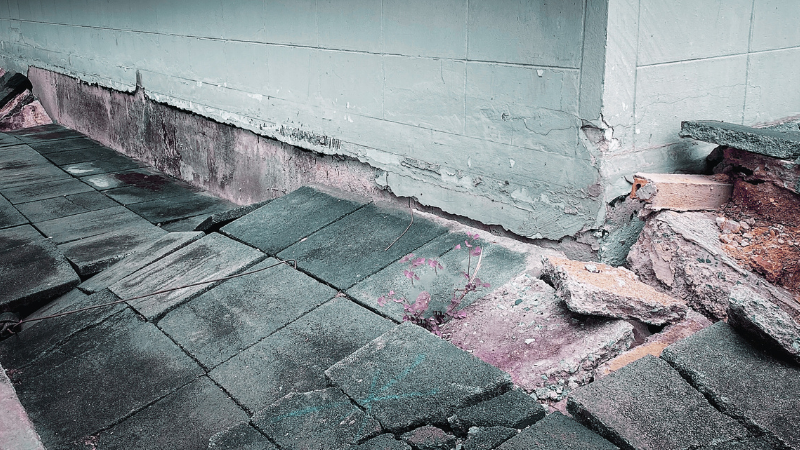What Happens When You Pay Off Your Mortgage in the UK?
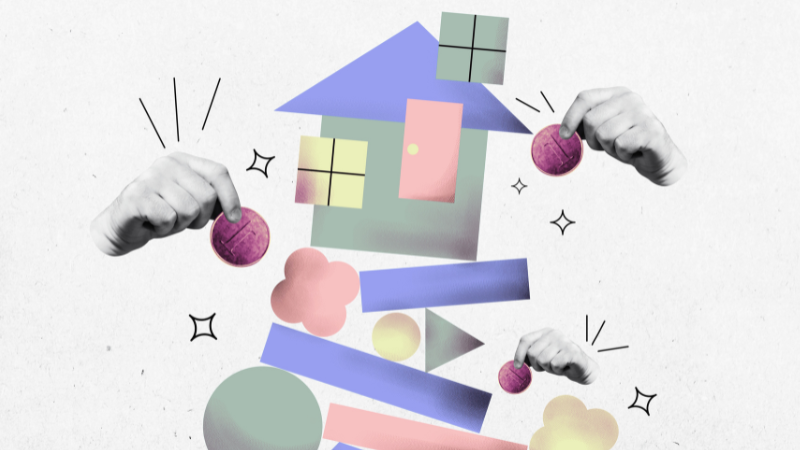

What happens when you pay off your mortgage in the UK? Let's explore the complete process and what you need to know during this milestone moment.
- Final mortgage payment
- What documents can you expect?
- How is your credit score affected after you pay off your mortgage?
- Other steps after paying off your mortgage
- What happens after paying off a mortgage early?
- Can you remortgage after paying off your mortgage?
- What happens after paying off an interest-only mortgage?
- What Happens After Mortgage Paid Off: Final thoughts
Finally clearing your mortgage is a significant achievement that brings an incredible sense of accomplishment and ownership of your property.
But what exactly happens after you’ve made your final mortgage repayments?
Is it time to celebrate and relax, or are there additional steps required to secure your property ownership?
This comprehensive guide walks you through the process of mortgage completion and what to anticipate.
Final mortgage payment
Before making your last payment, request a mortgage redemption statement from your lender. This document outlines the final sum needed to clear the home loan, including any additional charges.
The statement breaks down the remaining interest and principal amounts required to achieve outright ownership of your property.
You might need to cover certain fees alongside your final mortgage payment to receive the necessary documentation and ensure the lender handles all administrative requirements.
These charges may include a deferred account fee (if you chose to pay it at the end of the term) and a redemption or exit fee.
Quick help mortgage guides:
What documents can you expect?
After completing your mortgage repayments, the lender will provide you with a closure statement confirming full repayment, along with additional paperwork requiring your attention.
You’ll receive your title deeds and a discharge document that removes the lender’s claim on your property.
The lender can handle the charge removal, or you may choose to have your solicitor manage the standard security discharge with the Land Registry.
Your solicitor can assist with finalising arrangements, updating the Land Registry records, and obtaining your deed copies. A nominal fee applies for the deeds.
The process is generally straightforward. Your solicitor prepares a security discharge application and forwards it to the lender for their signature.
Once signed and returned, the solicitor submits it to the Land Registry alongside the required application form and payment.
The application undergoes processing, and the relevant register is modified to eliminate the standard security.
If you haven’t received documentation after clearing your mortgage, be sure to contact your lender, requesting confirmation of full payment and removal of property charges.
How is your credit score affected after you pay off your mortgage?
Your credit report will update within a short period after clearing your mortgage, though you might not see a significant boost in your credit score.
Your payment history and outstanding balance have already influenced your credit score throughout the mortgage term. Each case is unique, and debt represents just one aspect of many factors affecting your credit score.
For instance, settling a substantial lump sum can have a noticeable impact on your credit score. Your credit report will suddenly display a significantly reduced or zero balance owed.
This metric can be a crucial factor in determining your credit score, potentially resulting in a positive increase. However, if you already maintain an excellent credit rating, the impact might be minimal.
It’s advisable to review your credit report 30 to 60 days after completing your mortgage repayments to verify that it shows as fully paid and ensure there are no remaining balances that could affect your credit score.
Mortgageable offers a free Equifax Credit Report as part of its service, with no obligation to proceed. Something worth considering.

Other steps after paying off your mortgage
Contact your insurance company
Get in touch with third-party providers, such as your home insurance company linked to your mortgage, and notify them that you’ve settled the mortgage and have no outstanding obligations to the mortgage lender.
If you were making payments through the lender, inform them that you’ll now handle bills directly and request the lender’s removal from the policy. Remember to follow the same procedure for any additional insurance, such as flood coverage policies.
Cancel automatic payments
Terminate any direct debits or automatic monthly mortgage repayments you’ve established to prevent unnecessary payments to the lender and avoid the hassle of pursuing refunds.
Contact the tax collector
If your property tax statements have been directed to the lender, you’ll need to inform them about the ownership change if the lender hasn’t already done so. Ensure all future statements are sent directly to you.
Set money aside for insurance and taxes
As a full property owner, you must consider your property tax obligations and maintain protection by keeping up with homeowner’s insurance payments.
Insurance provides coverage for your house structure, personal liability, and contents.
What happens after paying off a mortgage early?
While clearing your mortgage early offers welcome relief from years of monthly payments, most lenders implement early exit penalties or fees.
These charges help lenders recover some of their lost interest income when you settle the mortgage ahead of schedule.
Review your mortgage agreement’s terms and conditions before making early repayment or increasing your mortgage repayments significantly.
Early repayment charges typically represent a percentage of the loan or equate to several monthly payments.
In some cases, the cost of penalty charges and exit fees might exceed the advantages of early mortgage settlement, and you certainly don’t want to lose money while attempting to save it.
Recommended reading for mortgage hunters:
Can you remortgage after paying off your mortgage?
Yes. Once you own the property outright, you’re typically in an advantageous position, commonly referred to as mortgaging an unencumbered property.
Being the sole owner of your property’s equity makes you an appealing prospect to lenders, enabling you to secure more favourable deals with competitive rates and conditions.
Complete ownership also offers enhanced security. Should you default, lenders can efficiently recover their debt by taking possession and selling the property without interference from other creditors.
What happens after paying off an interest-only mortgage?
With interest-only mortgage repayments, you’re solely responsible for paying the interest during the loan term, with the original capital due at the end of the period.
You have several options to settle the capital: using your savings, arranging a remortgage, or selling the property to clear the debt.
What Happens After Mortgage Paid Off: Final thoughts
After clearing your mortgage, ensure you obtain all necessary documentation from your lender. Consider directing the funds previously allocated to mortgage payments towards securing your future through pension contributions or retirement planning.
Alternatively, you might explore home improvements, plan a holiday, or clear other outstanding debts.
Call us today on 03330 90 60 30 or reach out to speak with one of our friendly advisors.

